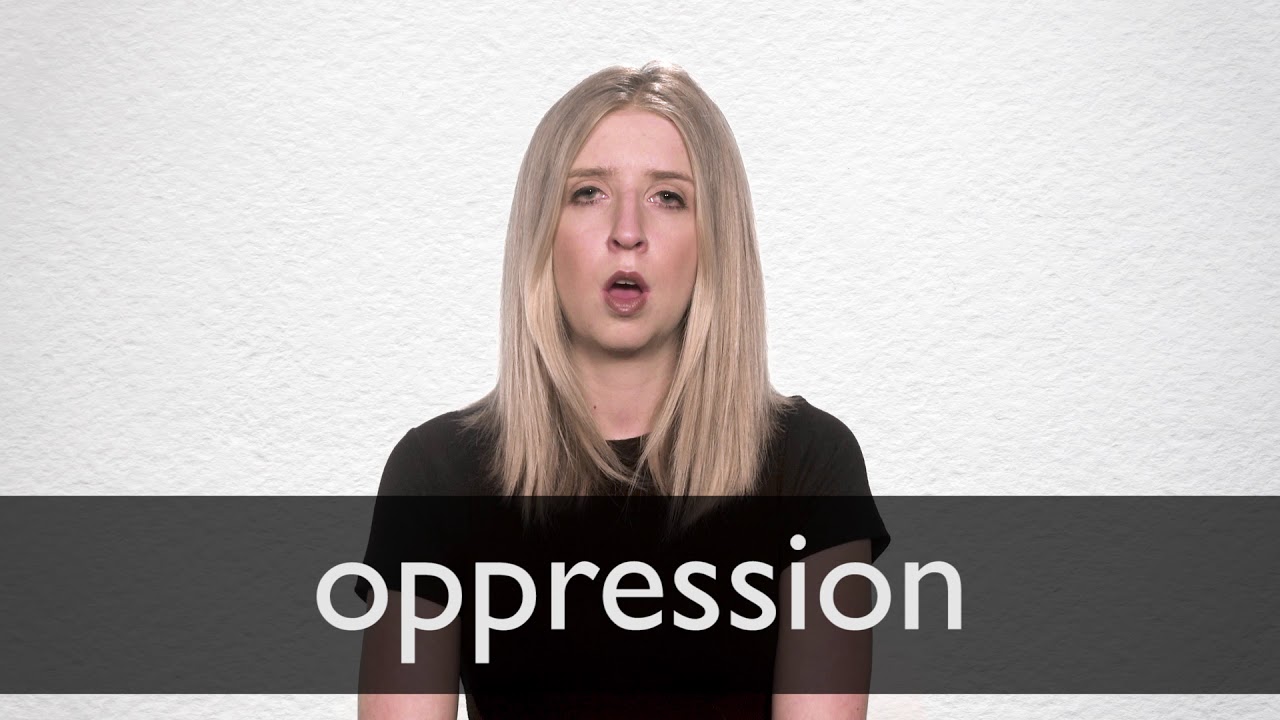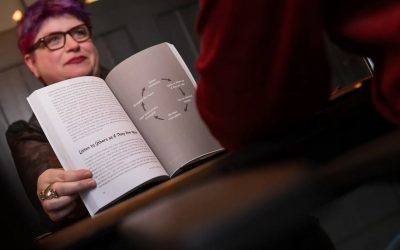Identifying Oppression and Learning That Enough is Enough
Identifying Oppression and Learning That Enough is Enough
Are you subordinate…or subordinated?
Recognizing we all experience different lived events that make us who we are and influence how we are with each other is a lifetime of work in itself.
This work leads us to realize our conscious and unconscious bias and helps uncover the roots of our habitual response behaviors.
We can use this information to articulate our two most often used Head, Heart, and Action response patterns.
This leaves identifying our third-rail mode, which allows us to silence the voices fueling our excuses and self-limiting beliefs and then accelerate us through crucible moments in our lives.
This practice will become a habit that allows us to hold space for connection with others that matter.
Holding space is the answer.
Being enough requires crossing the streams
In order to hold space for others, you have to understand that you’re good enough.
And, to arrive at that point, you have to channel the Ghostbusters.
Yes, I’m taking you back to that 1984 classic movie…stick with me.
You may not remember this movie or have it queued up for emergencies like me, but there is one principle from which I want to borrow.
In the movie, the Ghostbusters wear proton packs on their backs that help them attack or confine a target. Throughout the movie, it is imperative that the Ghostbusters do not cross the streams!
The scientists are not sure what will happen. They just assume it would be bad, until the end of the movie (spoiler alert) when crossing the stream – doing something different – actually saves the day.
I suggest that we take a page from the Ghostbusters and cross three streams of what seems like unrelated aspects of our culture and our habitual interactions with one another.
Systems of oppression thrive on our insistence that we never cross these three streams…
But what if we do?
We must cross the streams – do something different – to achieve a different result.
The three streams we should all cross
It’s a tall order.
But I believe, after more than fifteen years of working with people inside systems to uncover problems and illuminate tactics to lead to better results, the answer lies in the combination of these three heavy topics.
First Stream
Take responsibility for your own lived experiences and who and how you show up as well as the stories you write about others.
Determining that we are innately good is the first step. We must release ourselves from perfection and try anyway.
Believing that one is enough is, in itself, revolutionary.
To be enough, we must first understand how our lived experiences inform our habitual responses and behaviors.
Then and only then can we truly hear someone else’s lived experience and see how that informs their way of being in the world and their relationships. We come to understand the systems of oppression that have inhabited our daily lives.
We have to build or hold this space intentionally because we don’t get it through our education or socialization processes in school.
Second Stream
Recognize that others are complicated and have survived a lot to be present with you and therefore are worthy of the benefit of the doubt.
Difficult topics usually result in complicated situations.
“It’s complicated” is fine for a Facebook relationship status, but we don’t typically like it anywhere else.
Combine a complicated situation with an unspeakable topic, and we typically get even less progress. “It’s complicated” isn’t an answer. It’s an excuse to distance ourselves from taking responsibility.
If we examine Facebook relationship statuses, “It’s complicated” may describe…
- a multi-partner relationship
- the lack of a desire for a romantic, emotional, or sexual relationship
- a placeholder for a relationship that is just starting or just ending
Typically, when I see a friend change their status, I reach out to see if they need a listening ear.
Sometimes this is truly out of support and genuine curiosity and other times my need to know or gossip outweighs my altruism.
Polyamorous and asexual individuals may lack a support network with whom to share who and how they are in the world, just like folks starting or perhaps ending a relationship may not know who or how to describe what happened.
We understand complications, difficulties, and unspeakable elements of our own and others’ relationships.
We can use this same skill set when we think about people being differently right. I tend to gravitate toward controversial topics, unwelcome at the dinner table, as a way of demystifying complications.
I court controversy for two reasons…
- Explaining something others find difficult makes later applications seem easier.
- We solve problems by taking individual responsibility, listening, and being our full selves to do the best we can with what we have some of the time.
Third Stream
Claiming the opportunity to have conversations that matter is the only way better connections will be made.
In a system built on groups having powers that other groups don’t, the “up” group depends on the “down” group. This is where systems of oppression thrive.
This dependence usually shows up as a lack of understanding, noticing, believing, seeing, or even acknowledging how lived experience differs for the “down” group, leading to subordination, silencing, and marginalization.
Moreover, the “up” or dominant group consists of other groups “more up” or more privileged so we can collectively feel like we are without something that someone “up” has or would have to give up something for someone “down” to have something.
This system is dependent on others…
- being self-reflective
- paying attention to the greater system
- listening to others’ truths as valid and not as competition
Instead, we imagine a zero-sum balance and feel competitive instead of reaching out to connect.
For this to manifest, I posit that the only way to effectively dismantle an inequitable system is to claim – or reclaim – responsibility for our ways of being.
Our ways of being are often an amalgamation of both dominant and subordinated positions inside of this system.
“When you’re accustomed to privilege, equality feels like oppression.” Afro-Punk Meme
At a recent speaking engagement, an audience member asked me,
If I want to connect with someone, but they haven’t heard this message, won’t it be weird?
I responded that entering a conversation with a brochure of definitions and connection models would be weirder.
With each conversation attempt, with yourself and with others, you enter a connection with a sense of curiosity and ask genuine questions in hopes of learning something.
We must listen to others as if they are wise and try to learn. When we hold space there is little to no expectation connected to the outcome. This is a good kind of weird.
Leaving yourself open to hold a conversation without sacrificing a piece of yourself is good weird. It is Good Enough Now.
Being enough…shooting for some of the time
I do feel the need to remind you, we are shooting for some of the time with what you already have, not all of the time. Don’t wait around for perfection by any means.
Remember, this isn’t a model of explicit answers.
I see, far too often, folks who wield models, knowledge, and vocabulary like a weapon in conversations with others.
It’s not my intention to present this information as a tool for “gotcha moments” where you attack someone else or yourself. This is both simple and complex.
We are all a part of this complicated system, and the art of conversation – listening to connect, sharing to relate, and reclaiming responsibility – is the antidote.
Would you like help with this dialogue? Contact me and we’ll get the conversation started.
Take Your Event To The Next Level, Book Jess Today!
Take Your Event To The Next Level, Book Jess Today!
Related Blog Posts
Remove excuses, learn from failed attempts, and get back to work
Remove excuses, learn from failed attempts, and get back to work My Uncertainty research is coming together nicely, there is still time to participate if you are interested - see below. A third theme that is showing up speaks to a feeling of...
Motivate and inspire employees to act as participants in their own personal/professional growth
Motivate and inspire employees to act as participants in their own personal/professional growth As I am compiling my research results, I have to be honest, I love that both personal and professional growth is showing up as a pattern of attention in...
Successfully disrupt the normalized status quo for good
Successfully disrupt the normalized status quo for good I, Jess Pettitt, am always listening and learning. After doing some research on uncertainty with my followers and audience participants, it turns out that one of the biggest fears that is...










0 Comments